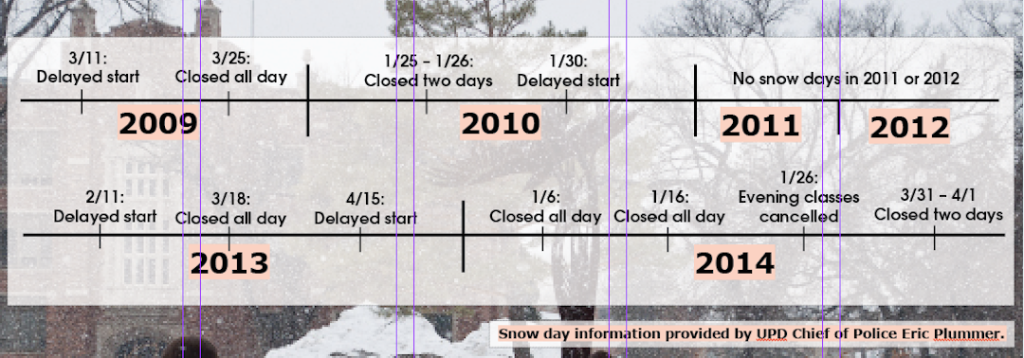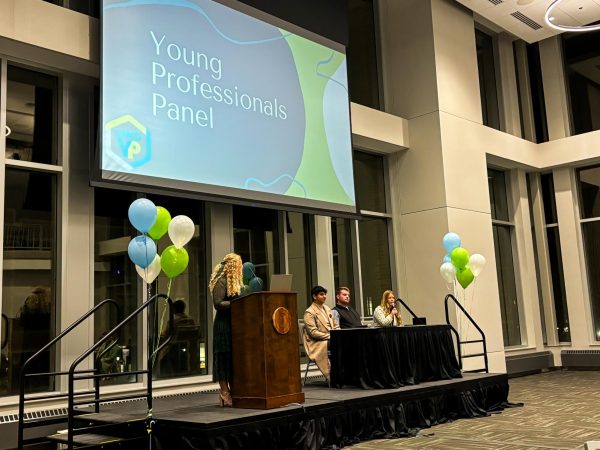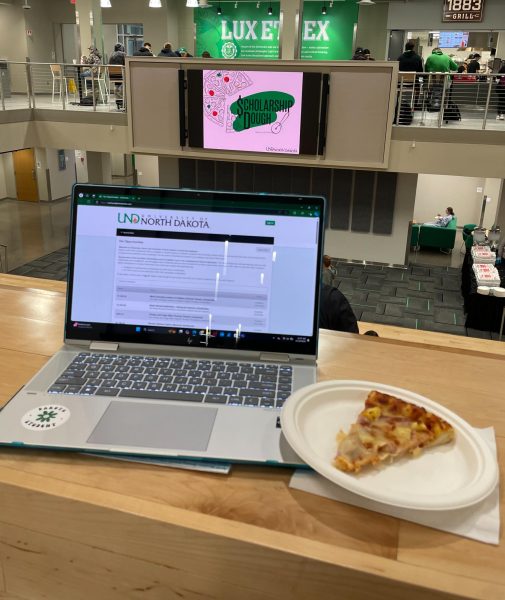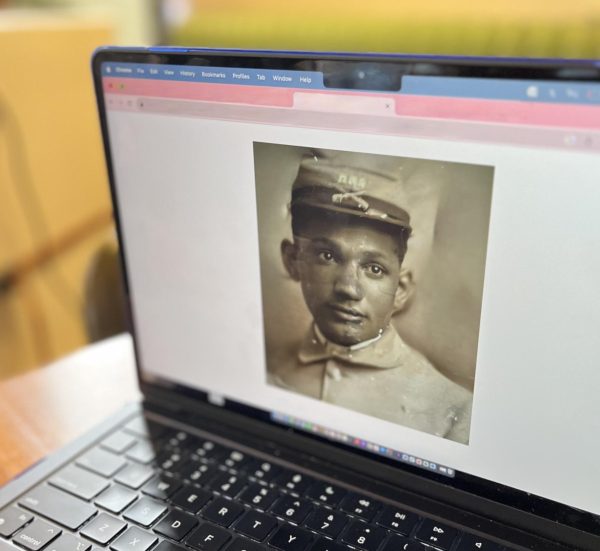2014 brings most snow days in recent years
Cancellations arise from nastier weather, updated decision making process
Snow day information provided by UPD Chief of Police Eric Plummer.
UND isn’t a school that often cancels classes for light snowfall. Instead, it takes all factors into consideration when canceling classes and shutting down the university for snow days.
Visibility, dangerous temperatures, large amounts of snowfall and wind speeds are all discussed by members of the university when deciding whether or not to call off school.
“There are a lot of factors that we consider when closing down UND, and there are several people who come into play and provide feedback and information,” UND spokesman Peter Johnson said.
Johnson said when he started in 1988 school was cancelled under different circumstances and less often, mainly because almost all students lived on campus.
“That’s not the case any more. A vast majority of students live off campus,” Johnson said. “A certain percentage of students and faculty live outside of the city, and that is a factor you have to take into account because, inside the city, there is a certain amount of protection.”
Johnson explained you can’t tell how bad the weather really is just by looking out the window of the Memorial Union.
“Really, we have to trust the weather forecast,” he said. “There have been times we have closed down and people would ask why because the weather wasn’t even bad. That might have been true, but we have to make decisions and trust the weather forecasts for the safety of everyone.”
Johnson said the most reliable source the school use is the National Weather Service and that they normally do a good job predicting weather.
“The initial action is with the director of safety and his office,” Johnson said. “They are the folks who particularly have the task of monitoring the weather and monitoring the forecasts, and who help the administration know that there is something coming.”
There are multiple people in between who help provide feedback and retain information from outside sources to help in the decision making process.
“But, ultimately the decision is made by (President Robert Kelley),” Johnson said.
Johnson’s role in the decision making process is after the final decision is made. He said once it’s decided to cancel school, he and his office have the responsibility of informing the public.
“We send out emails, use the notifying system, put up stuff on the webpage and inform the local media stations,” he said. “We even have a phone line that people can use to call in and check for updates on the current status of the university.”
Closing a university does cost money, but it’s spread out over different areas, making it difficult to determine how much is actually lost when closing schools.
“It’s hard to determine how much money the whole university loses when it has to shut down for snow days,” Johnson said. “It’s not like we are a store. It’s a tough thing to quantify the dollar value of.”
Even though the school loses money, Johnson said that’s not what matters.
“(Closing the university) really has nothing to do with the cost,” Johnson said. “It ultimately comes down to the safety of the students and the staff.”
UND stacks up
“I grew up in the Washington D.C. area, but my parents were born and raised here in Grand Forks, and I spent part of my childhood here, but I spent most of my childhood in the Washington D.C. area where people don’t know how to deal with snow,” Johnson said.
Senior Amy Ziegler is also from a different state that doesn’t handle as much snow as North Dakota.
“I went to high school in Sammamish, Washington, and snow days are way different here (in Grand Forks),” Ziegler said. “I remember one day where school got canceled, and it didn’t even snow. They only canceled because the forecast called for snow.”
Johnson said he believed there are more southern states that close down with little to no chance of snow because people don’t know how to deal with it.
“If you are much further south, you could assume that there are less snowmobiles, blades and people who are just not prepared and who don’t have funds that are designated for snow removal,” Johnson said. “Here, we have plans of what to do with snow if we get a lot of it, and there is a lot of here to clean up. I mean, we spend all spring just removing snow.”
Johnson said that in Washington D.C., snow falls were treated very differently.
“We just had two snow days (at UND) because of a blizzard, but (in Washington) we could get five to seven inches of snow and have the whole week off,” Ziegler said. “It is actually quite hilarious, because it’s like the whole city shuts down. People are crazy, and there are way more accidents (when it snows).”
Misti Meads is a staff writer for The Dakota Student. She can be reached at [email protected].









